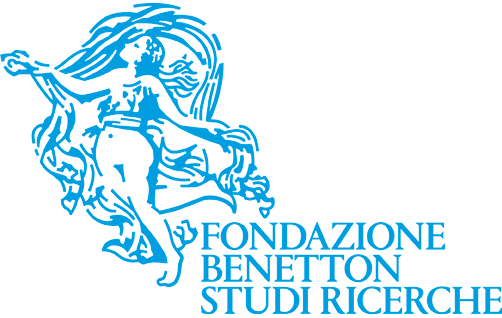Cultural assets
The shape and contents of this section stem from a strong commitment to the promotion of culture, leading to a particularly dynamic character and finding inspiration in article 9 of the Italian Constitution.
An ambitious project that makes us take part in the collective cultural debate, maintaining close links with other areas of specialist work that best characterise the Foundation’s history, measuring commitments, proposals and partnerships so as to maintain a consistent working method and style, striving to offer an original contribution with diverse forms and languages, to engage a wider audience.
The initiatives, carried out directly or in cooperation with other institutions, either public or private, also focus on the relationship with the local community as a useful element for deeply rooting the Foundation’s work in the city of Treviso, and range from musical research, organisation of exhibitions, presentation of publications, films and theatre productions able to offer a diversity of perspectives on research fields, including opportunities for popularisation that highlight the rich documentary heritage collected and preserved through years of work.
The focus on cultural heritage in the strictest sense translates into actions aimed at knowledge and appreciation of sites or material evidence of historical and artistic significance, ideally bridging the gap with landscape research, constituting the background and methodological basis for protection actions. Within this context, the Foundation seeks to play a cultural mediator role, whereby the business world and that of public administration struggle to find opportunities for contact and active cooperation for the pursuit of the common good.
Particular attention is lavished on the school world, with specific projects which, starting from the one dedicated to Article 9 of the Italian Constitution and the promotion of active citizenship, have engaged tens of thousands of students across Italy. The goal, ever more pressing in our cultural focus, is to share with students of all ages and teachers alike a reflection on the value of culture for the progress of the community. In the light of the historical process which has led everyone to face globalisation, viewed as the circulation of goods, information and, increasingly, people, the thinking of anthropologist Marco Aime seems useful and relevant to us when he advocates the need to think of cultures in plural terms: “Both those who view this cultural multiplicity as wealth and those who, on the contrary, fear it and oppose it, highlight the fact that differences do exist and must be taken into consideration”.
